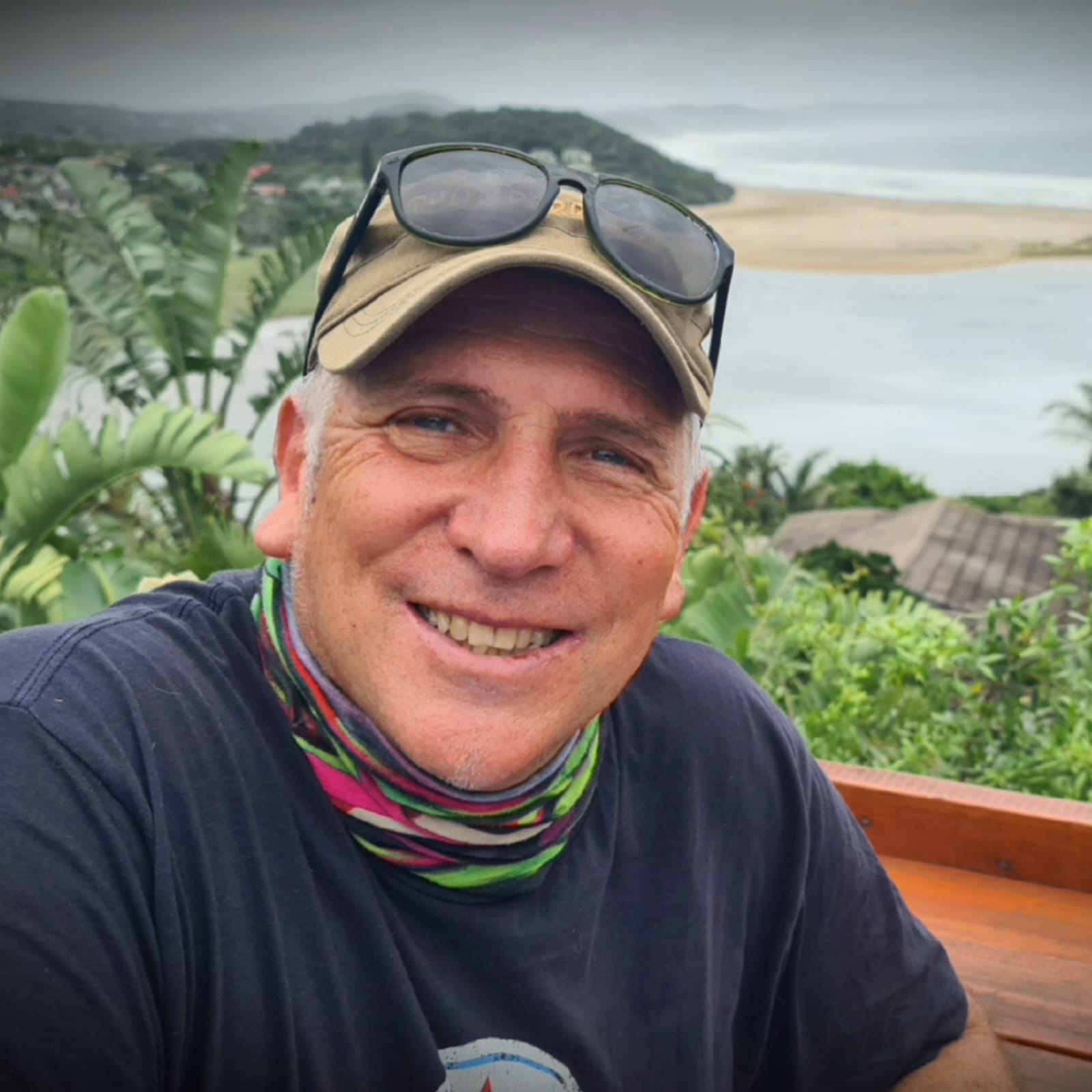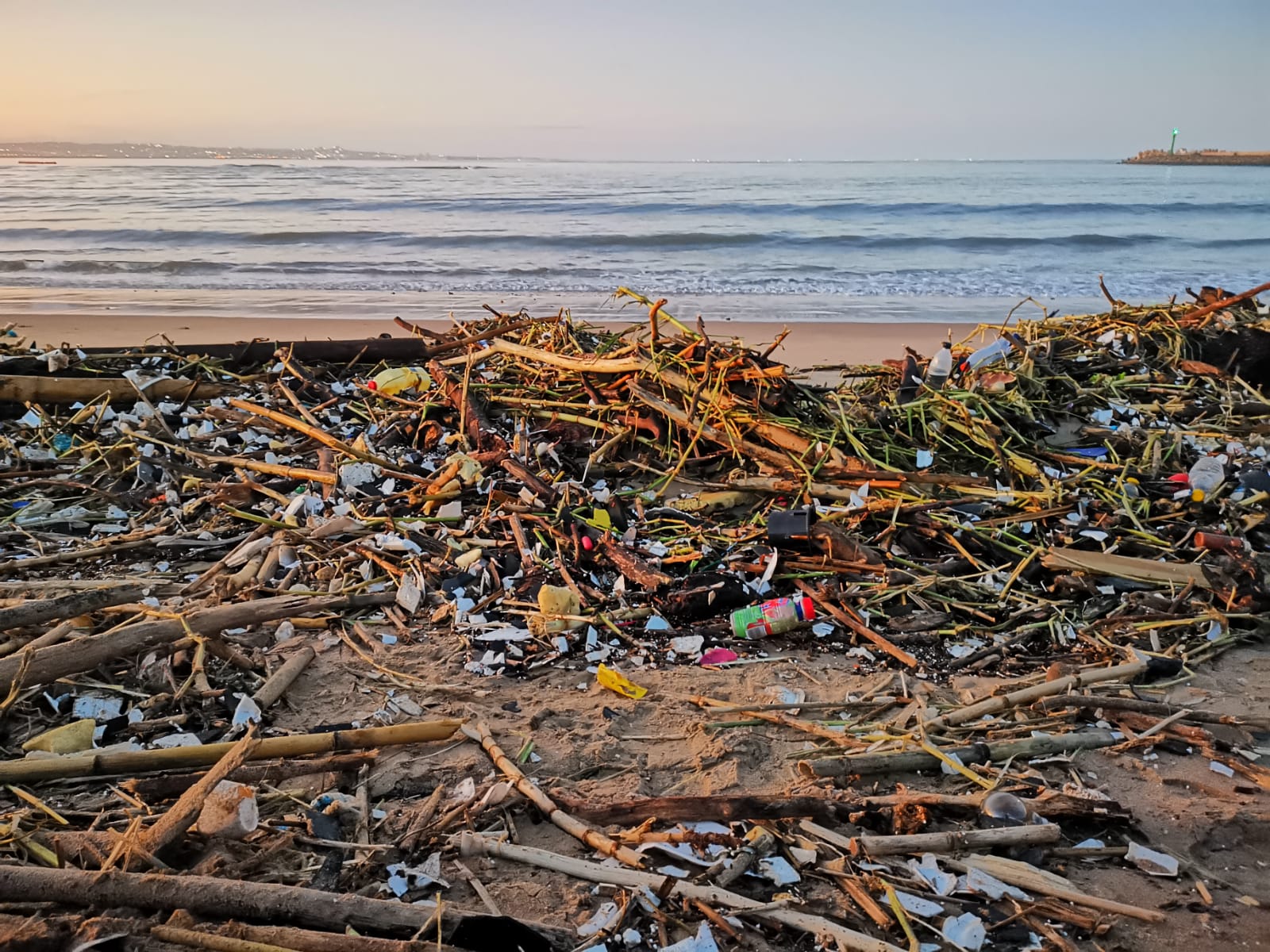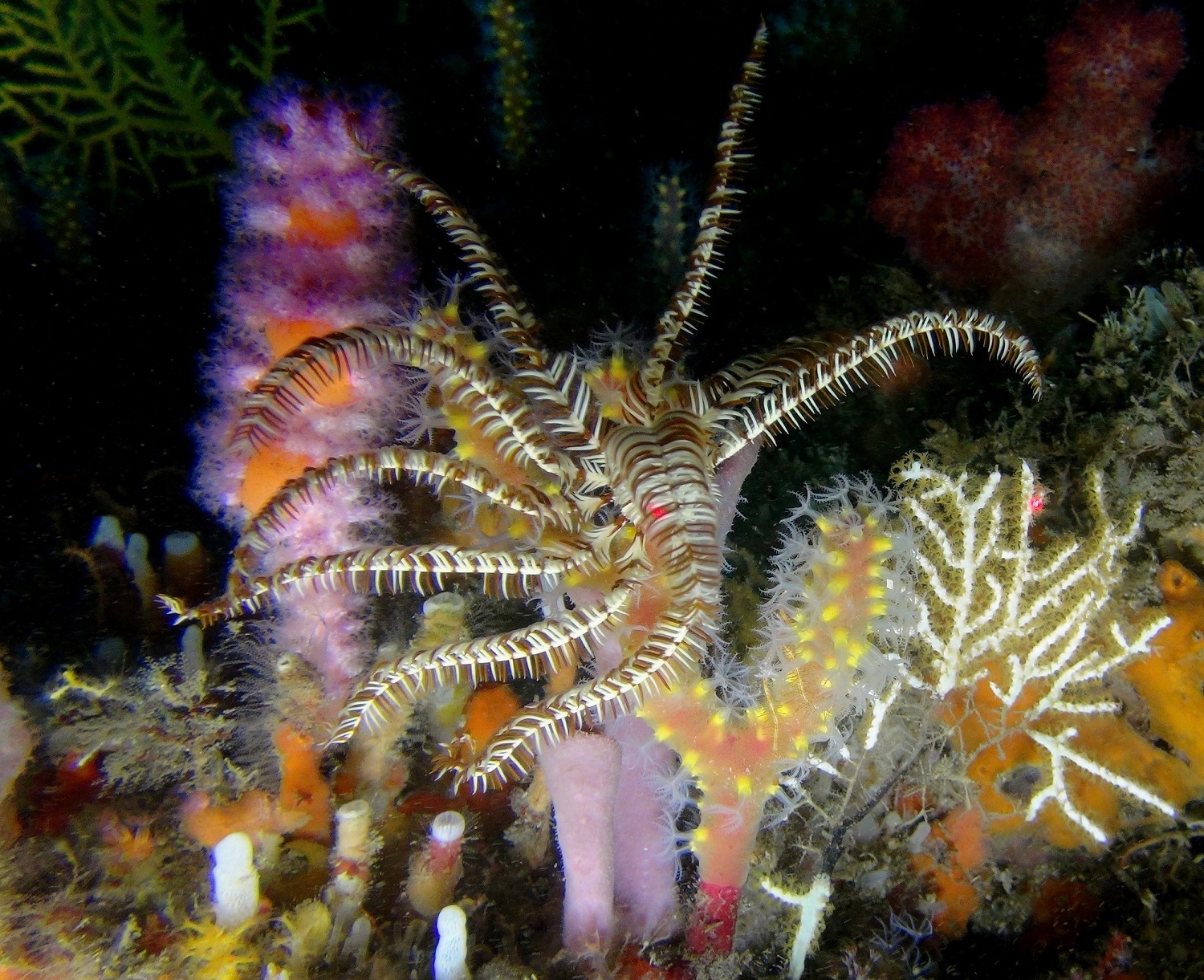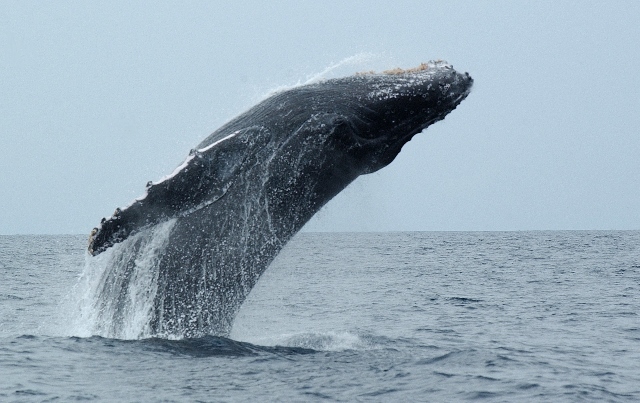Young scientists offered training in coastal resilience reporting
Click here to apply.
An innovative reporting course for young scientists and environmental writers looks set to examine Durban’s preparedness for future flood catastrophes and spark other investigations.
Also under the spotlight is illegal sand mining gouging the Wild Coast, dying coral reefs off the East African coastline, and the effectiveness the iSimangaliso Wetland Park and other marine protected areas (MPAs) as tools for maintaining and restoring ecosystem resilience to climate change impacts.
These are among topics of a 14-week Roving Reporters investigative journalism training course that will help young environmental writers, including marine scientists, produce a series of high-quality, factual, and engaging stories that reveal the impact of climate change on coastal communities, while exploring solutions.
With the support of the Henry Nxumalo Foundation, Roving Reporters has set up an Ocean Watch investigations hub – a virtual newsroom that brings together writers, marine scientists, ocean conservationists and researchers.
The first online training course, At the frontlines of climate change, commences late July with reporting teams doing fieldwork and research on various topics, including efforts to build resilience to climate change in coastal communities and lessons learned from the recent KwaZulu-Natal flood catastrophe.
“We are particularly interested in stories anchored in credible evidence that explain how and why key responses to climate change impacts are working, or not working,” said Roving Reporters director, Fred Kockott.
Solutions journalism
“Government is right: climate change is here,” said climate reporter, Mike Loewe. “But is the state doing what it should to protect society and the environment from climate shocks?”
“There is a disturbing disconnect between propaganda and reality in South Africa. Can a corrupt politician or business person be trusted to do the right thing? Or is it up to communities to work it out for themselves, to adapt, to prepare or take action when the next storm hits?” asked Loewe.

Loewe is among team editors and writing mentors on the training project.
The journalism training will be complimented by presentations from seasoned media professionals, climate change scientists, environmentalists, and land-use experts.
Expert presenters
“The expert presenters will help build climate change knowledge,” said course convenor, Dominic Naidoo. “Roving Reporters story craft teaching will then empower us writers to report authoritatively and engagingly about critical climate impacts on East Africa’s coastline,” added Naidoo.
Among opening guest presenters is Anton Harbor, director of the Henry Nxumalo Foundation, which awards investigative journalism grants.
Naidoo said that in addition to working on these story projects, candidates will be expected to put in up to three to four hours a week on course activities on the agency’s Ocean Watch investigations hub, the story craft teaching modules, and reviewing and discussing the reporting teams’ assignments.
This latest Roving Reporters training project is an offshoot of the agency’s 2021 biodiversity reporting project. Supported by Earth Journalism Network, Roving Reporters mentored 17 young writers who collectively produced 21 stories covering a wide range of topics related to the loss of biodiversity – on land and in the oceans – and the need to balance human needs with environmental integrity.
For this latest course, preference will be given to youth, women and indigenous people already working in the environmental or media sector.
While previous journalism experience is not essential, candidates should have good writing skills, said Naidoo.
> Click here to apply now.
Media outlets and environmental organisations wishing to register candidates on the course should read our Ocean Watch Investigations Hub Info Pack.
The course fee is R10,000 per candidate. For further information contact newsdesk@rovingreporters.co.za.












